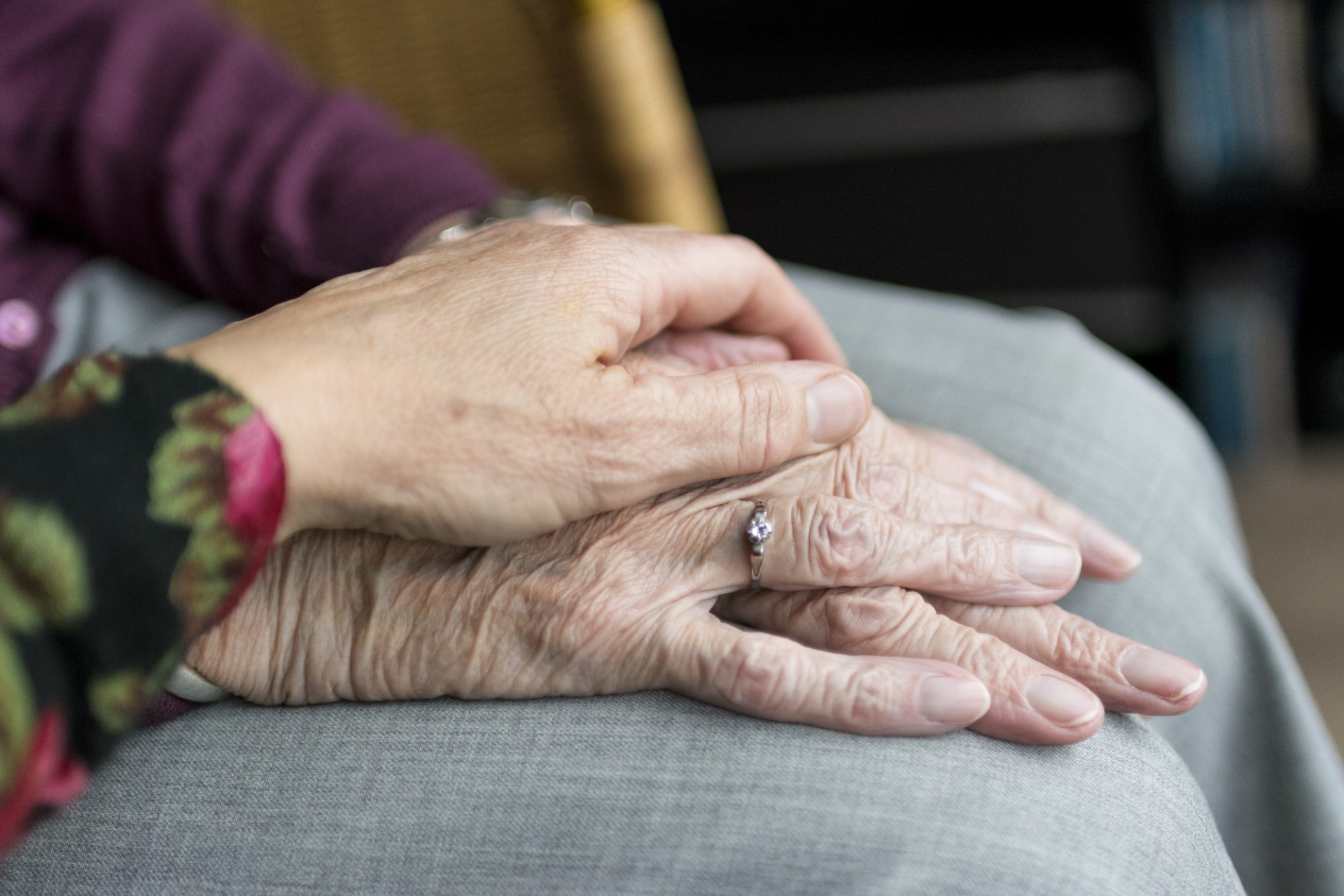Caregivers handle some of the toughest challenges while taking care of dementia patients, but most of those challenges can be mitigated with the right training, attitude, and equipment. As a caregiver should already have the first two, we will discuss the essential equipment next.
Reusable Pads
As dementia originates from physical degradation/damage of the brain, urinary incontinence is a common, uncontrollable, and embarrassing side-effect of the disease. MIP offers several reusable healthcare products that include reusable, washable, incontinence bed pads and chair pads for homecare as well. What these pads do is that they absorb urine quickly and completely, minimizing any chances of the patient developing rashes or catching a cold while sleeping.
Since incontinence pads absorb liquids (even a spilled glass of juice or water) and keep them from getting to the chair or bed underneath, caregivers do not have to change sheets/cushions as many times as they would have had to. The most important thing is that the patient no longer feels embarrassed so that this does not happen; the best option is to have an external catheter for men. This catheter is applied only once a day and allows the patient to stay dry and clean 24/7 while going about their daily activities.
Specialized Crockery
Depending on how advanced a patient’s dementia is, how it is affecting their brain, and what the original source (Alzheimer’s, strokes, trauma, etc.) was, their needs will vary. However, they can still be classified under a few broad categorizations such as temporary and permanent loss of memories, loss of identity, streaks of aggressive behavior, difficulty with everyday activities, and loss of basic life skills. This becomes particularly apparent during mealtimes because they may:
• Refuse to eat.
• Throw their cups and plates.
• Have difficulty holding cups and spoons steady.
• Spill liquids while trying to sip or drink.
Plates, cups, and glasses made specifically for dementia patients are of help in counteracting several mealtime problems. For example,
• Dementia patients are more willing to eat and drink when meals and drinks are served in colorful, bright, and vibrant crockery.
• Crockery made from hard food-grade plastic, steel, and other unbreakable materials do not shatter if a patient throws them.
• Cups and spoons for dementia patients are designed in a way to minimize spills.
Cognitive Stimulation Games
There is active proof to support the claim that patients in the early stages of Alzheimer’s can slow down the disease’s progress into the final stages of dementia and delirium. In addition to the latest medication and physical exercise, clever games specifically designed for Alzheimer’s patients can help them retain their cognitive abilities far longer than previously estimated. Caregivers should encourage dementia patients to play games with each other, or with the caregiver himself/herself. Even outdoor activities that stimulate the patient mentally can be successfully integrated into the care system if the doctor in charge approves it.
The special equipment needed is not just exclusively necessary for the patients or their caregivers, but they are meant to help both parties. These make a caregiver’s job just a bit easier, while also allowing them to provide better care to dementia patients.




